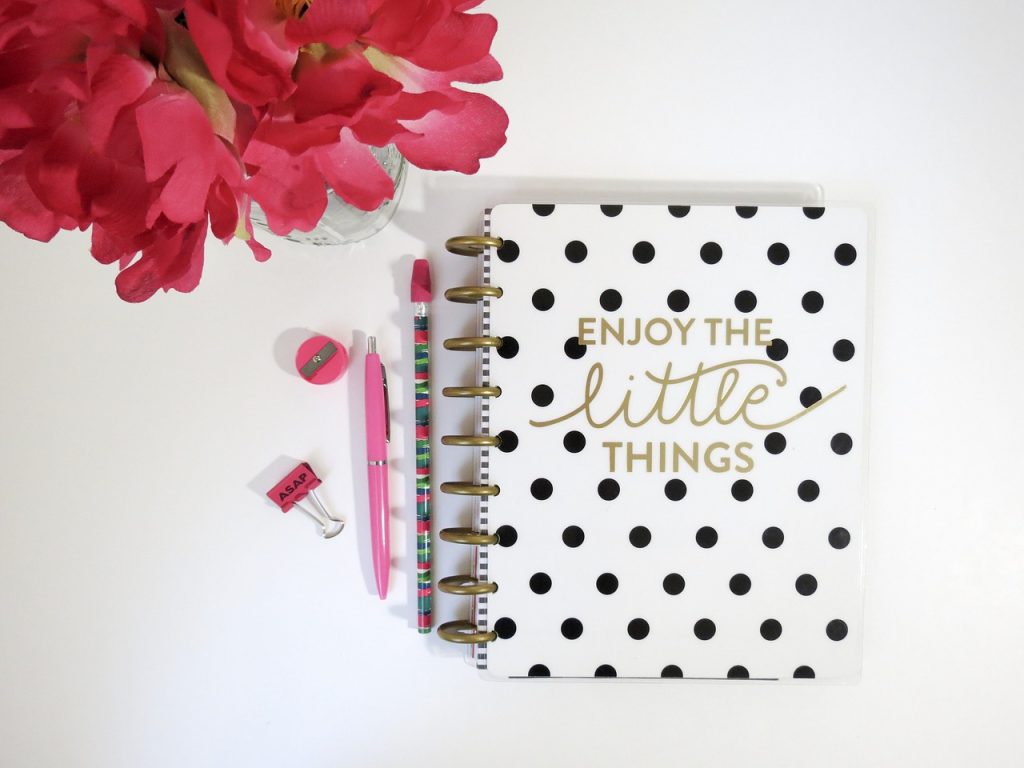 The rise of the nanny-housekeeper has been pretty universal. All over the country nannies are reporting that new jobs come with more household duties than they used to, and bosses are increasingly asking nannies to take on jobs around the house when charges move on to school or nursery.
The rise of the nanny-housekeeper has been pretty universal. All over the country nannies are reporting that new jobs come with more household duties than they used to, and bosses are increasingly asking nannies to take on jobs around the house when charges move on to school or nursery.
It used to be said that you could either have a good cleaner or a good nanny. To a certain extent this holds – nannies become nannies, and train to become nannies, because they want to work with children. Most training courses don’t cover household duties, and placements in nurseries are more likely to be cleaning on a large scale using specially designed products and very resistant furniture. While nannies are usually happy to clear up after themselves and take on nursery duties such as children’s laundry, their focus will always be on the children and that may mean the housekeeping just doesn’t get done.
Cleaners are often great cleaners because of their attention to detail and their love of making things sparkle. That may mean their attention to the children suffers and their own feelings of frustration mount when things don’t stay clean and tidy for long.
So what can you reasonably expect someone to do when providing dedicated care for your children? The answer is it depends what you’re prepared to compromise on. If you’re modifying a job it’s important to discuss with your nanny what they feel capable or comfortable doing. A nanny who is also an excellent cook may not object to cooking a family meal for the evening and filling the freezer. A nanny who doesn’t mind ironing may be prepared to do yours alongside the children’s. Asking them if they would mind running the hoover round the rest of the house while they do the children’s bedrooms may also be possible, but do bear in mind the logistical problems this might bring if there are children at home full-time anfd the fact that nanny needs a break during the day!
A nanny-housekeeper, however, is employed to fulfill both roles and probably has experience of balancing the two. They are prepared to take on more cleaning than a dedicated nanny, will often shop and cook for the family and can work particularly well with school aged children. One of the most attractive features is how long-lived the role can be. Parents who are prepared to commit to employing a nanny-housekeeper from the start with more focus on childcare in the early years and on the household later will often find the same person will stay in the role, providing stability and continuity of care.




